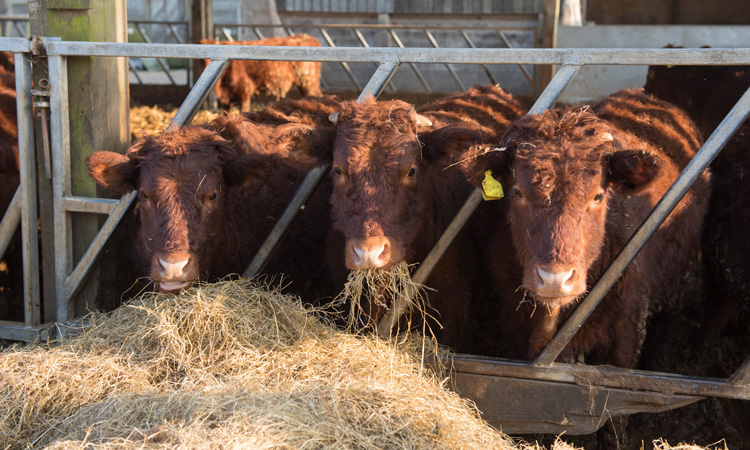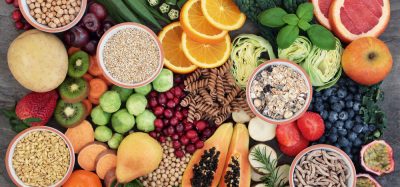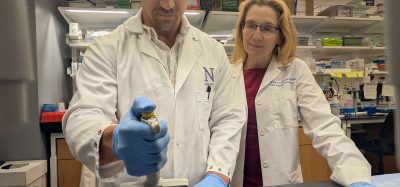Researchers control cattle microbiome to reduce greenhouse gases
Posted: 2 June 2020 | Sam Mehmet (New Food) | No comments yet
The researchers developed a predictive algorithm which allows them to modulate cattle microbiome composition and reduce methane production.


For the first time, Ben-Gurion University of the Negev (BGU) researchers have learned to control the microbiome of cattle which could inhibit their methane production, reducing a major source of greenhouse gasses.
The animal microbiome is said to be a somewhat scientifically unexplored area; it protects against germs, breaks down food to release energy, produces vitamins and exerts great control over many aspects of animal and human physical systems. Microbes are introduced at birth and produce a unique microbiome that evolves over time.
Lead researcher, Professor Itzhak Mizrahi, member of the Department of Life Sciences in the Faculty of Natural Sciences and the National Institute for Biotechnology in the Negev (NIBN), and his group conducted a three-year experiment with 50 cows divided into two groups. One group gave birth naturally, and the other through caesarean section. The difference was said to be enough to change microbiome development and composition microbiome of the cows from each group.
This finding enabled Mizrahi’s team, together with a group at UCLA, to develop an algorithm that predicts the cattle microbiome development and how it will evolve over time based on its present composition.
“Now that we know we can influence the microbiome development, we can use this knowledge to modulate microbiome composition to lower the environmental impact of methane from cows by guiding them to our desired outcomes,” Mizrahi said.
Mizrahi said that reducing methane emissions from cows will reduce global warming and could be leveraged by the food industry and policymakers across the world.









